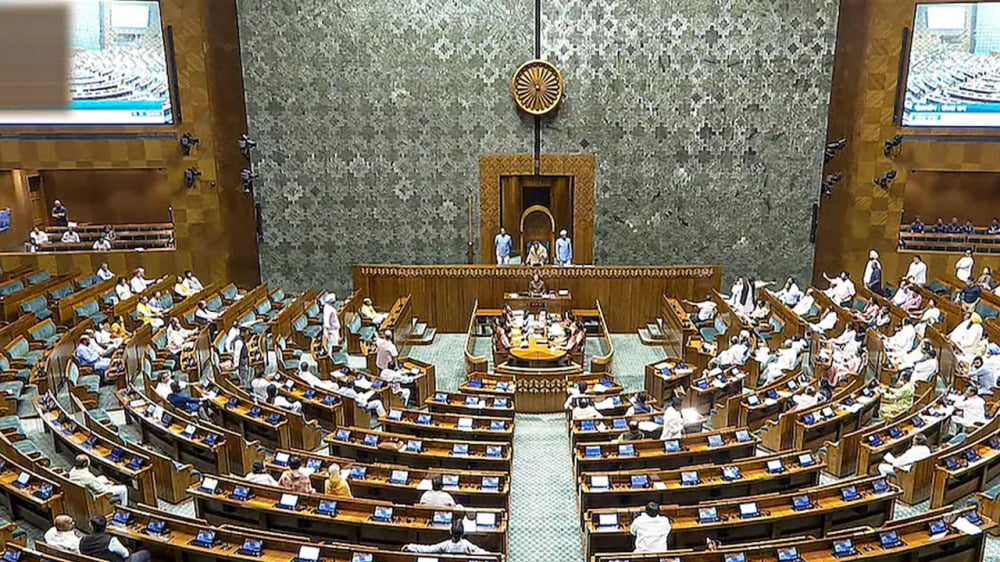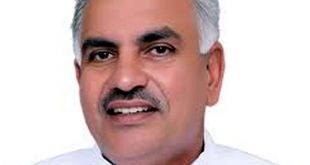
Maulana Khalid Rashid, a member of the All India Muslim Personal Law Board, said that the Waqf Board works under the 1995 Act and when it was deemed necessary to amend it, it was amended in 2013, but at present there is no provision for it. There is no need for any kind of amendment in the law. He also said that 60 to 70 percent of the property of the Waqf Board has been used in the construction of mosques, dargahs and graveyards.
There is a lot of discussion going on about the Waqf Board everywhere. The monsoon session of Parliament is going on, which will continue till 12th August. It is expected that the Modi government may bring a bill in the Parliament to amend the Waqf Act. 40 amendments will be made in the Waqf Act. As soon as the news came that the government is preparing to amend the Waqf Act, there was an uproar across the country. While on the one hand some people are in support of it and say that this amendment will reduce the arbitrariness of the Waqf Board, on the other hand, Muslim organizations are against it.
What is Waqf Board?
Before knowing what reforms will be done in the Waqf Board, it is important to know what the Waqf Board is. Charity is given great importance in Islam, that is why if a Muslim wants to donate his property, wealth or anything, then the responsibility of its maintenance lies with the Waqf Board and that property belongs to the Waqf Board.
The Waqf Board uses this property to build schools on these lands, help the poor, build hospitals and cemeteries, dargahs and mosques. Currently, the Waqf Board has more than 8.7 lakh properties in an area of about 9.4 lakh acres and there are currently 30 Waqf Boards in the country.
What will happen after the reform?
According to the Waqf Act 1995, any property or land donated by a Muslim to the Waqf Board becomes theirs directly, but after the amendment in the law, the land will be verified first and women will also be included in it. The bill also includes a proposal to give representation to women in the Central Waqf Council and State Waqf Boards.
The Waqf Board has also been accused of misuse of land, due to which the District Magistrate will also be included to stop this misuse. After the amendment, it will be mandatory to verify any land before claiming it. The government claims that this will increase the accountability of the board and stop arbitrariness.
Muslim organizations oppose the reform
Muslim organizations are seen standing against it and are strongly opposing it. All India Muslim Personal Law Board spokesperson SQR Ilyas said that limiting the powers of the Waqf Board in any way will not be tolerated.
Board spokesperson Ilyas said, Muslims will never accept any such amendment in the Waqf Act. He also said that he will not tolerate any kind of interference in the legal status and powers of the Waqf Board. Ilyas also asked the opposition party to completely oppose any such move.
There is no need for reform in Wakf Board!
Maulana Khalid Rashid, a member of the All India Muslim Personal Law Board, said that as far as the Waqf Board is concerned, it is necessary that the lands of the Waqf Board should be used only for the benefit of the people, which is being done till date. He further said that it is also a law that once the land is donated to the board, it cannot be taken back.
Khalid Rasheed said that the Waqf Board works according to the 1995 Act and when the need for amendment was felt in 2013, it was amended, but at present there is no need for any amendment in the Act. He also said that 60 to 70 percent of the property of the Waqf Board has been used in the construction of mosques, dargahs and graveyards.
 look news india
look news india
